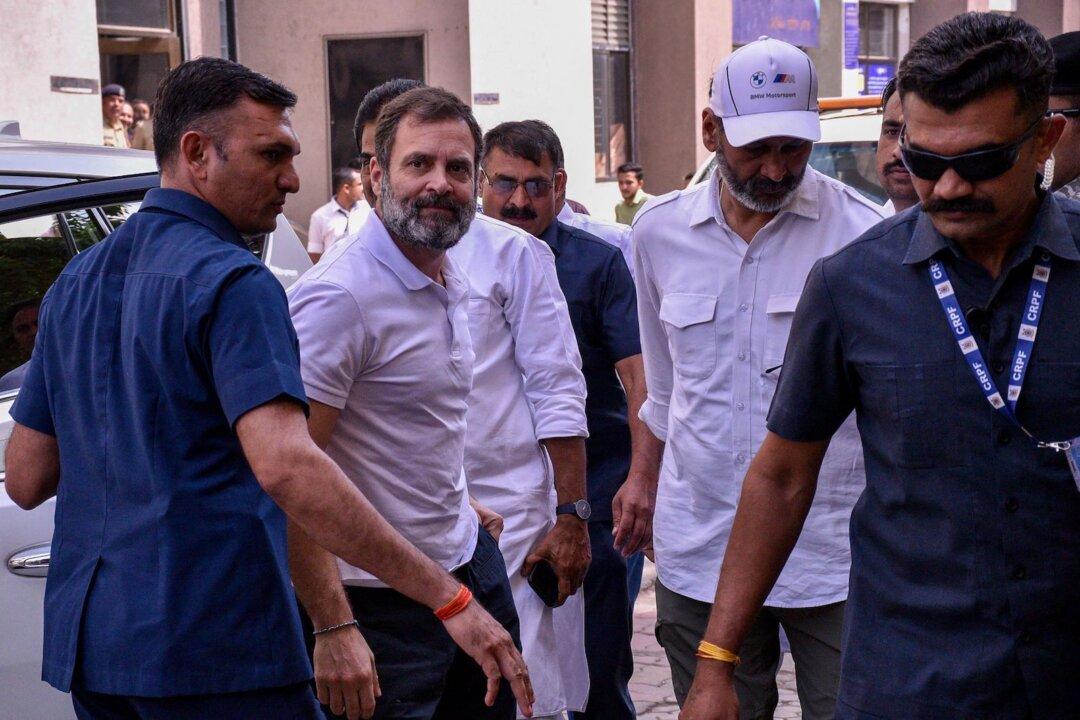India’s top opposition figure Rahul Gandhi was expelled from Parliament after receiving a two-year jail sentence for defamation on Thursday, in what his supporters said was an attempt by the ruling party to silence its critics.
In a statement released Friday, (pdf) the Lok Sabha Secretariat said that Gandhi, who represented the Wayanad parliamentary constituency of Kerala, stood disqualified from the membership due to his recent conviction.





